On July 18, 1996, the Los Angeles Lakers had formally announced the signing of superstar center Shaquille O’Neal. O’Neal had found great success in his first four seasons with his previous team, the Orlando Magic, but there was something LA provided that Orlando could not: A bigger market.
“Los Angeles was always a place Shaq was interested in playing because he wanted to be a megastar,” Philip Rossman-Reich of the Orlando Magic Daily said. “Orlando got him some notoriety, but not nearly the opportunities he wanted in LA- Back then, the big stars had it in their head that they needed a big market to make commercial success.”
Shaq was yet another in a long list of big name players that opted for a big TV market on name alone. For the longest time, basketball stars as recent as Shaq, Amare Stoudemire, and Carmelo Anthony were drawn more to the bigger cities such as Los Angeles and New York because their bigger markets could help them make more money in their career and their fun nightlife. Because of this, smaller markets like Utah have struggled to lure in big-name free agents.
Since the team moved from New Orleans to Salt Lake, the Jazz have almost never been able to convince free agents to join the team. Their lackluster appeal stems from Salt Lake City being among the lowest-market teams in the NBA and Utah’s reputation for being a whitebread state. Because of that, Utah hasn’t been the most attractive destination for free agents.
Enlarge
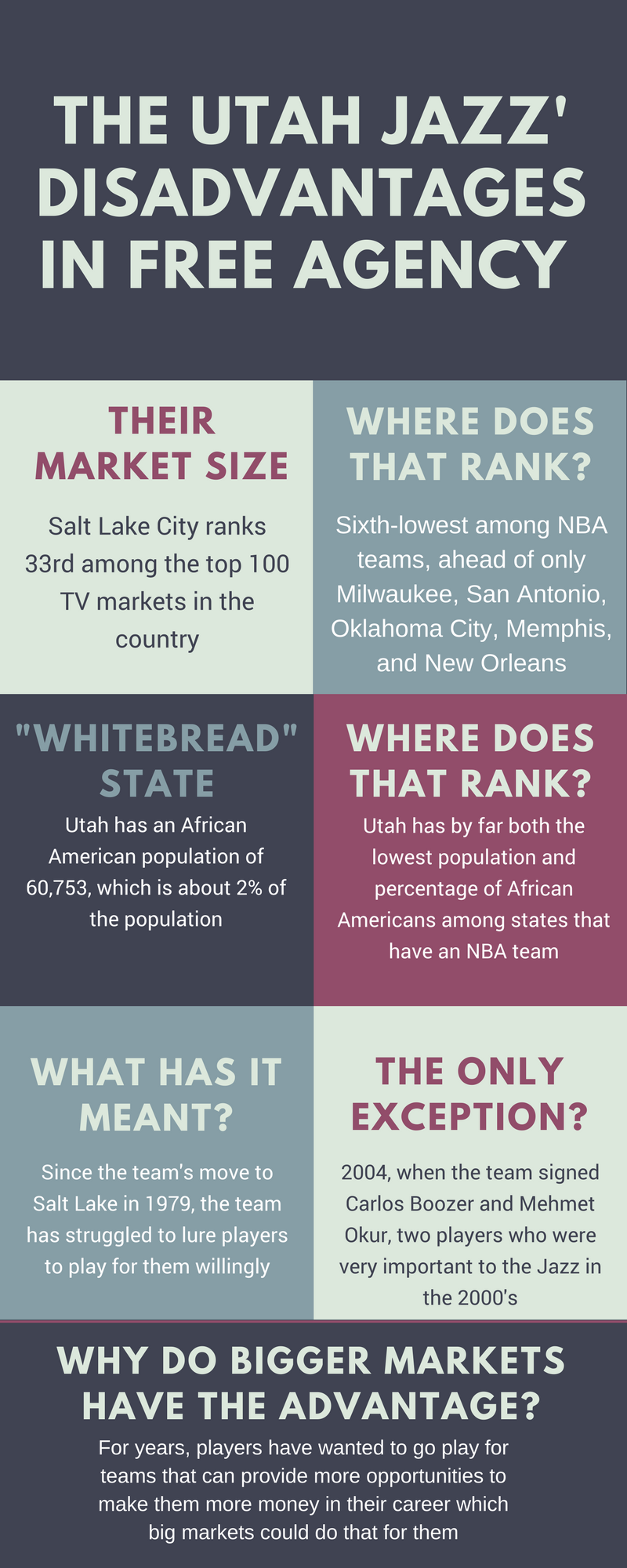
Image by: Matt John
“A large part of it is just an unavoidable reality of geography,” Ben Dowsett of Basketball Insiders said. “There are just a lot of us who gravitate toward the brighter lights and bustle of a bigger city for a number of different totally understandable reasons, and Salt Lake City will never be that.”
However, recent years have shown that those days are changing. Though big market teams will always have an advantage, social media has influenced players to care more about playing for a winning team than playing for the biggest market, which has both helped and hurt the Jazz in the last couple of years but could potentially pay huge dividends in the future.
Enlarge

Photo by: Matt John
How social media has changed the NBA
The internet’s evolution has influenced how players decide where they want to play. While small markets still have a clear disadvantage, social media sites such as Twitter help give players popularity no matter which team they play for.
“More and more guys are realizing that you don’t have to be in New York or LA to be insanely popular,” Dowsett said. “Kevin Durant built a huge brand as one of the best players in the world in Oklahoma City. The internet and worldwide media makes that much more possible than a decade or two ago.”
This has all led to more and more big-name players such as LaMarcus Aldridge, Greg Monroe, and Kevin Durant passing up big name teams like the Lakers or the New York Knicks in favor of clubs run by smaller markets that have much more favorable situations in the past couple of seasons.
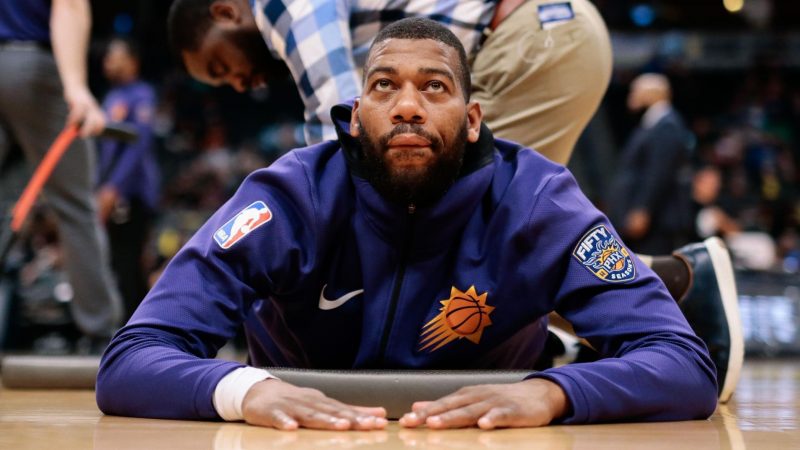
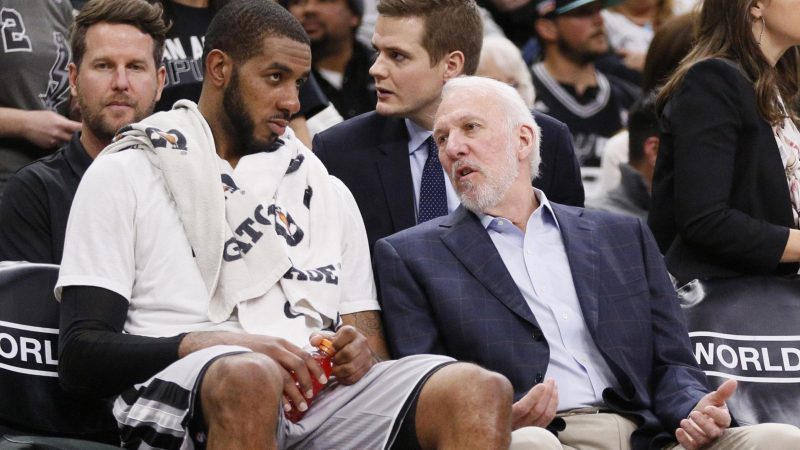

“With the internet and social media, market size doesn’t play as big of a role in how much publicity and recognition you can get,” Tavan Parker, writer for SLC Dunk, said. “Players are caring more about the situation, fit, and winning than they are about how big the city or the nightlife is.”
How these changes have helped the Jazz
The Jazz have not necessarily been able to land one of these big fish yet, but they have started to tarnish their long-standing bad reputation with free agents.
In the summer of 2016, the Jazz reached an agreement with seven-time all-star Joe Johnson for a two-year/$22 million dollar deal. At 35 years old, Johnson was not the player he once was, but he was still prominent enough to raise some eyebrows when it was announced that he had chosen Utah.
Enlarge
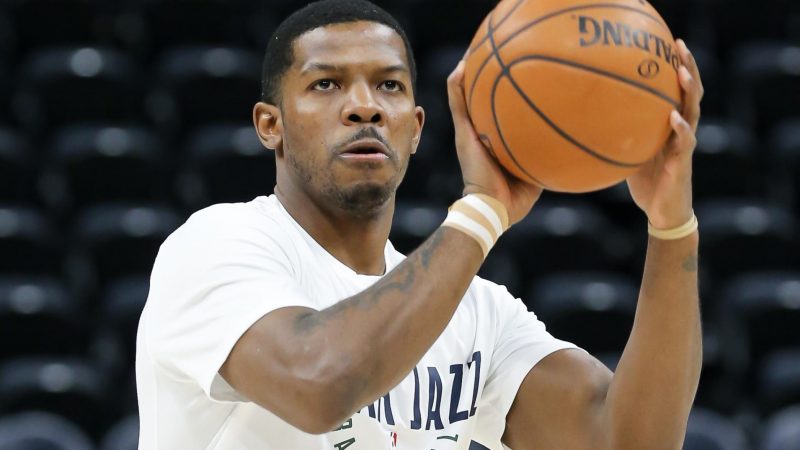
-Photo courtesy of the NBA
“I never thought (the Jazz) could get a player like him, even though he was past his prime,” SLC Dunk writer Diana Allen said. “It showed that if you are a strong organization who is winning you can now attract free agents that maybe you couldn’t in the past.”
“Iso Joe” had plenty of suitors that summer, but according to experts, Johnson chose the Jazz primarily because they offered him the most money. However, experts also agree that Johnson chose Utah over other suitors because they provided a situation where Johnson thought he could win.
“(Johnson) actually mentioned Quin’s system and Rudy Gobert as reasons why he was attracted to Utah,” Parker said.
Adding Johnson paid off substantially in his first season with the Jazz, as he averaged 9.2 points a game while shooting 43% overall including 41% from three in 23.6 minutes a game. Johnson played an instrumental role in both the Jazz’ 51-31 record and their extended playoff run.
Johnson’s success in his first season with the Jazz could very well impact how players view Utah in free agency, according to Parker.
“His word of mouth could become very valuable as Utah becomes a more attractable option.”
Enlarge

Photo by: Matt John
How these changes have hurt the Jazz
Despite the Jazz’ significant progress last season, the new climate changes in the NBA gave the team a devastating blow this past summer: Gordon Hayward departed for the Boston Celtics.
The Jazz provided a winning situation for Hayward, but many believe that Gordon ultimately left the Jazz for the Celtics because Boston had something that Utah did not: His college coach.
“The Jazz did everything right… But the Celtics had the trump card in his old college coach Brad Stevens,” Parker said. “ (Hayward) may not (have thought) he knew where he was going until July 4th, but deep down I think he knew all season exactly where he was headed.”
Enlarge
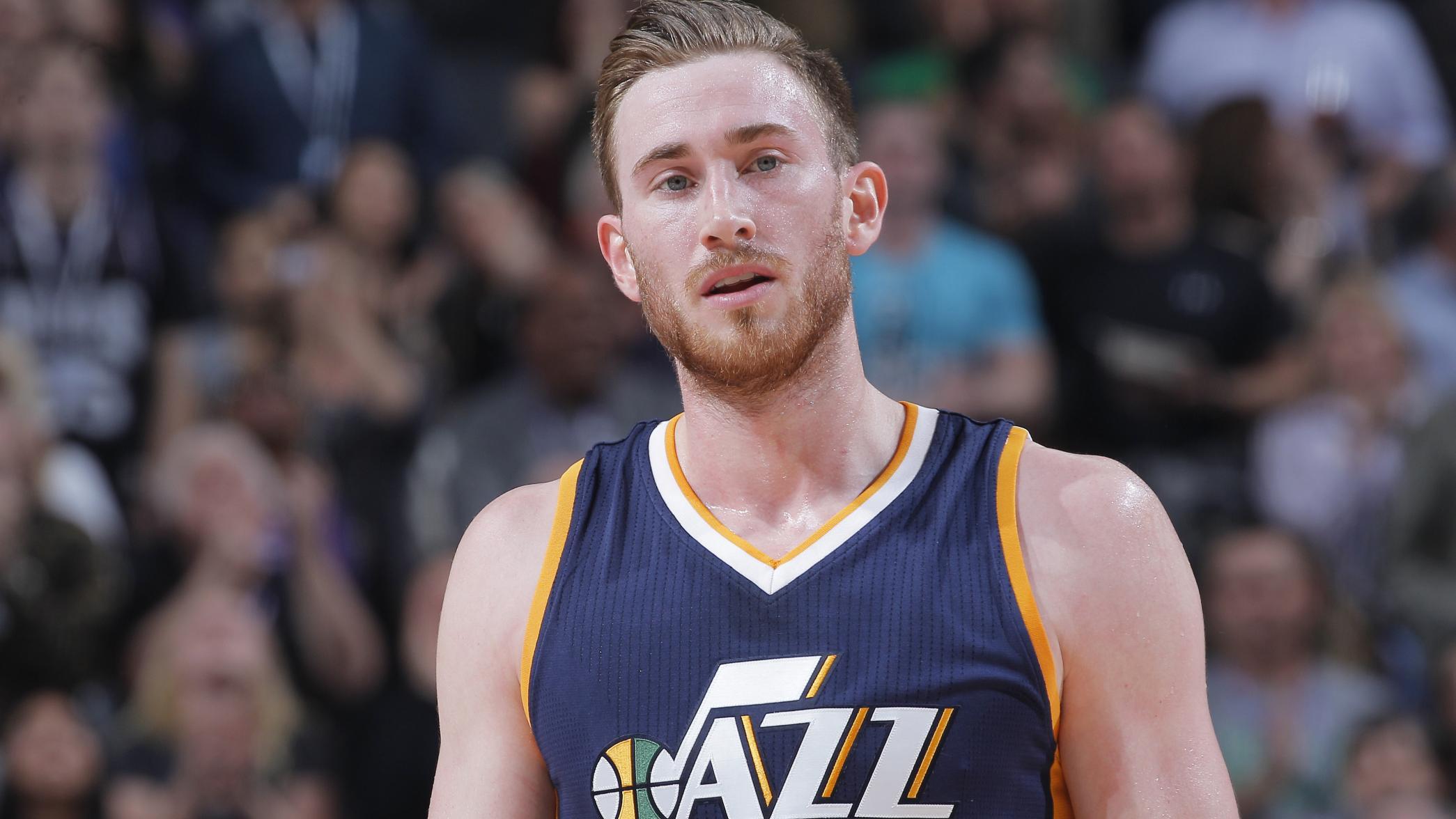
-Photo courtesy of the NBA
However, the NBA’s recent changes have made Boston, a team that had never added a big name free agent in its history until the summer of 2016, more appealing than they’ve ever been as a free agent destination.
“Boston has very competent ownership, competent general management, and a good development coach. That’s what players are looking for,” said Mychal Lowman, writer for SLC Dunk.
The Celtics have steadily improved themselves in every season since they initially blew up their team in 2013. Since then, their win totals in the past five seasons have gone from 25 to 55, and at the center of it all has been Stevens.
“His ability to put his players in position to succeed have a lot to do with (their appeal),” said Dan Greenberg, writer for Barstool Sports. “Players want to play for a coach that they respect, and he’s certainly earned it in his short time so far.”
Brad’s work has helped players who had little value before playing under him such as Jordan Crawford, Evan Turner, Jae Crowder, and Isaiah Thomas. His work with them has helped the Celtics lure star players such as Hayward and Al Horford in free agency over the past couple of seasons.




“It’s no secret guys want to play for him. To be honest, he’s probably their biggest asset when attracting free agents,” Greenberg said.
Hayward may have left for Boston because of his own history with Stevens, but Stevens and the Celtics have provided a great winning situation that would attract top free agents regardless. More importantly, the Jazz should be happy to see the Celtics’ model work because they have put themselves in a similar position.
Enlarge
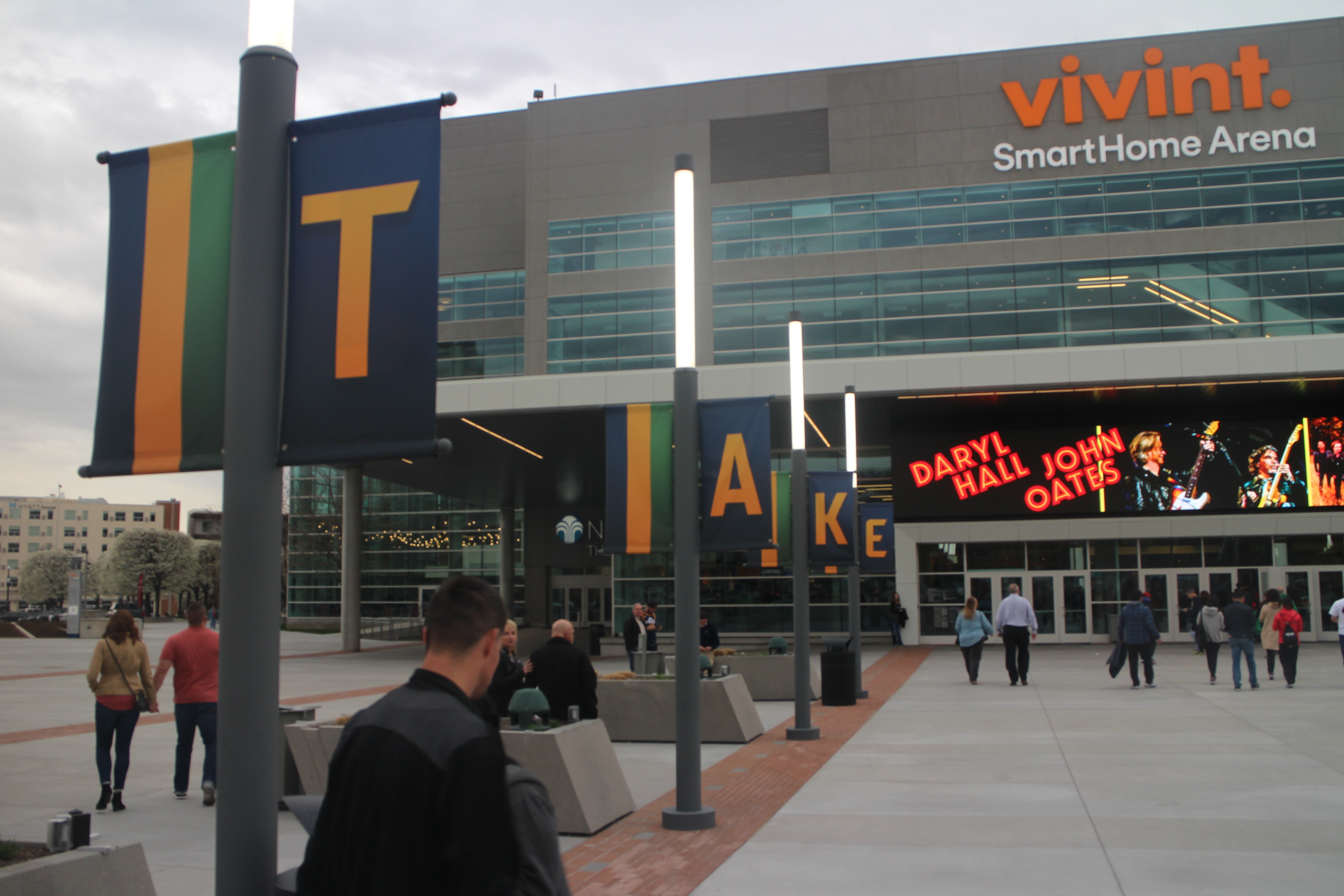
Photo by: Matt John
How these changes could benefit the Jazz going forward
As the old saying goes, “As one door closes, another opens.” The Jazz may have lost Hayward, but they have persevered without him.
The team finished the season 48-34, good enough for the fifth seed in the Western Conference. Their seasonal output has caught the attention of both players and free agents around the league, and a fair amount of their success should be attributed to Head Coach Quin Snyder.
“In this day and age of analytics players are more aware of their own development,” Allen said. “Coaches like Brad and Quin fit the new mold of coaches, which will attract players to their teams.”
Snyder’s work speaks for itself, especially this season and specifically with player development. His work with Joe Ingles, Ricky Rubio, Jae Crowder, and Royce O’Neale have played a big role in the Jazz exceeding expectations despite losing Hayward, which could pay huge dividends for the team going forward.

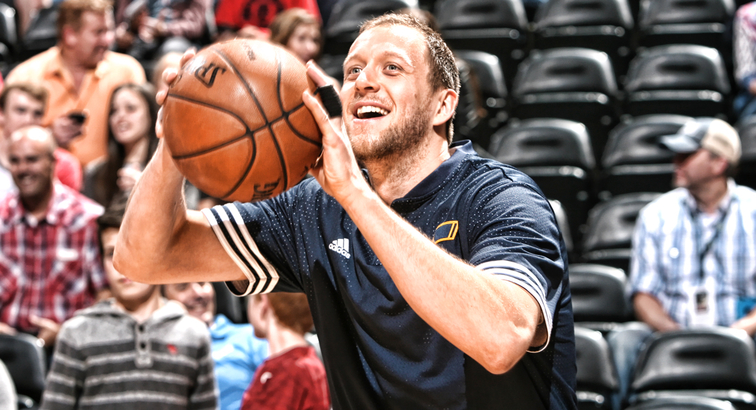
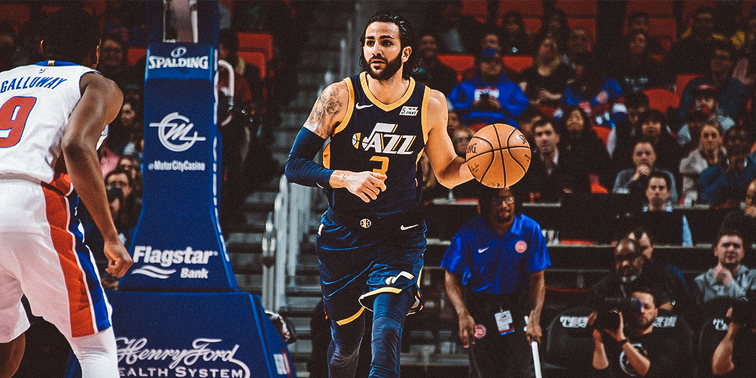

“Quin Snyder has a terrific reputation around the league for developing players and that has definitely caught the attention of players and agents around the league,” said Gordon Monson, writer for the Salt Lake Tribune. “(There are) at least five different players who would be interested in coming to play for the Jazz because of those efforts that they have put forth,”
Snyder’s work has made both players and agents take notice, but the Jazz’s growing appeal extends beyond his abilities. The Jazz’s biggest appeal comes from their two young cornerstones: Defensive anchor Rudy Gobert and rookie sensation Donovan Mitchell.
Enlarge

Photo by: Matt John
Since his second season in the league, Gobert has established himself as one of the league’s best centers, particularly on defense. Gobert’s most notable career averages are 62% from the field, 10 rebounds a game, and 2.2 blocks a game, but what makes Gobert a draw to players is his particular style of play.
“With Rudy Gobert, a guy who is a star player who will play defense and make cover for guys without demanding the ball, that is the kind of teammate that makes a difference with future free agent signings,” Monson said.
Enlarge
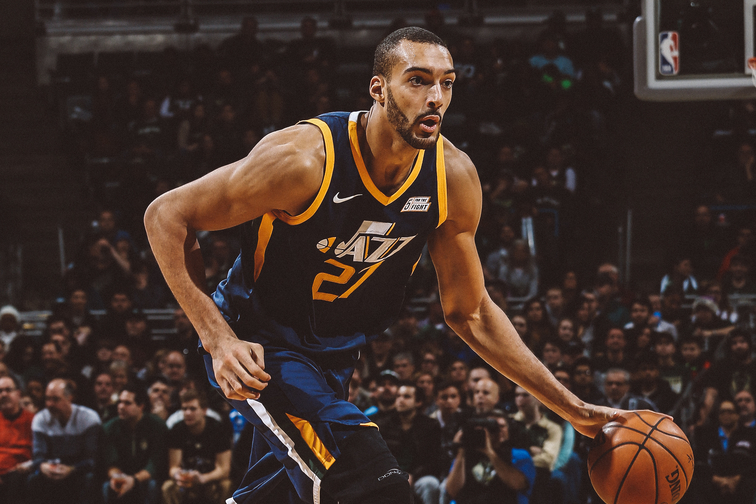
While Gobert should help the Jazz’ chances of luring a big name, it is Mitchell, who has put up eye-popping numbers as a rookie – averaging 20.5 points, 3.7 assists, 3.5 rebounds a game while setting the record for most three-pointers made by a rookie (187) – who brings the most appeal to the Jazz. Mitchell’s appeal doesn’t stem just from his skill, but also from who he can make connections with.
“Donovan is the key to bringing in another star. He already has relationships with Dame, Paul George, and Chris Paul,” Allen said. “He has a magnetic personality that draws people to him.”
Enlarge
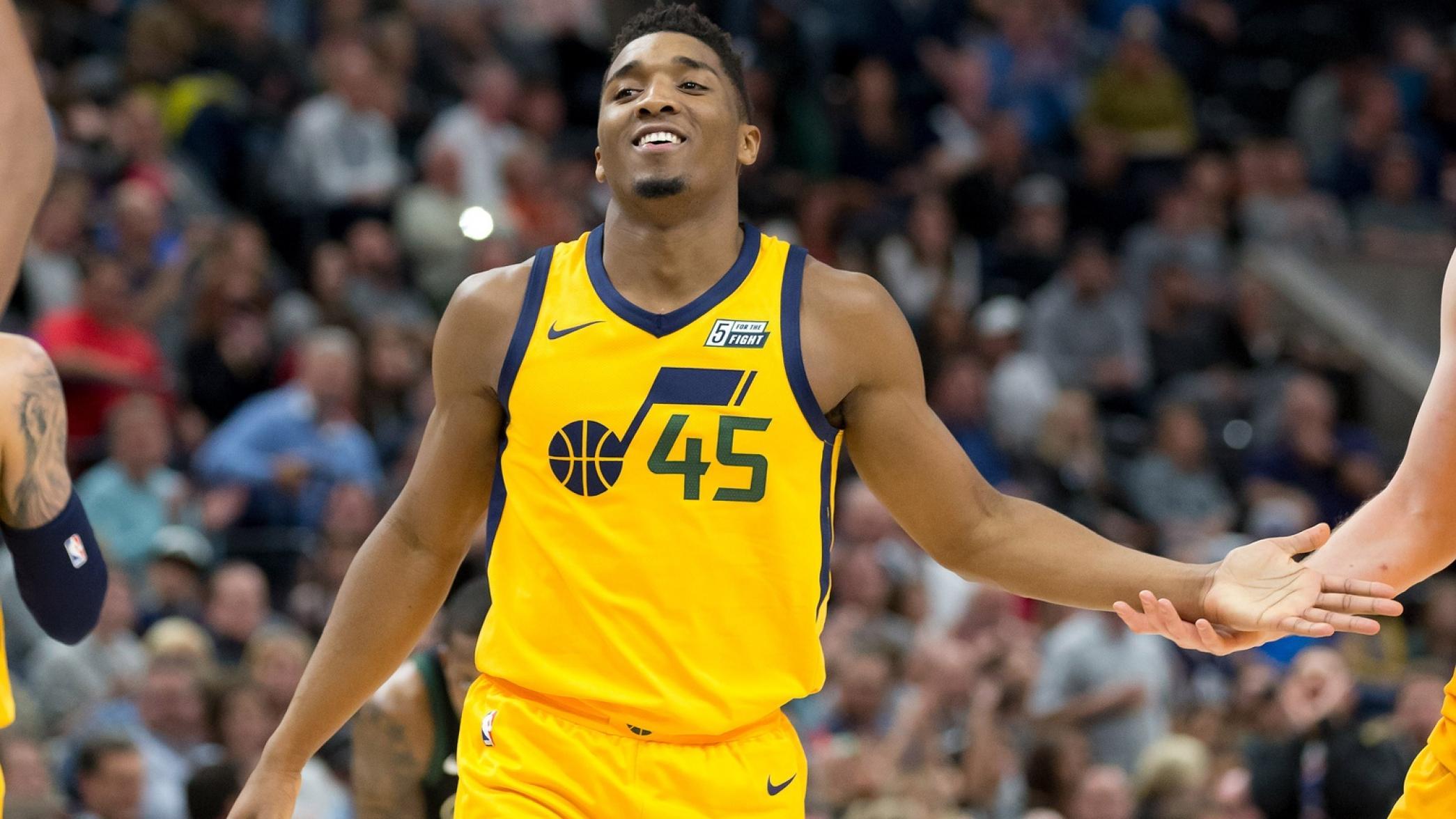
The combination of both Mitchell and Gobert has led to optimism that the Jazz will finally land a big name free agent in the near future.
“Now that the Jazz have got two of the best 25-and-under stars on their roster, I predict that over the next number of years, there will be a significant free agent who will sign with the Jazz,” Monson said.
How big markets still have an advantage
Even though these recent climate changes have greatly benefited small market teams, both the Lakers and the Knicks still have a ton of appeal on reputation alone. Their illustrious histories combined with their big markets will always put them in the mix for big name free agents. It all comes down to what certain players want.
“There are players that were made to play in a big market,” said Christian Rivas, writer for Silver Screen and Roll. “It’s a situational thing. Even now, in an age where markets aren’t that big of a deal, there are opportunities available to players in Los Angeles and New York that aren’t available in Utah.”
The Lakers and the Knicks will always have a certain edge over the little guy. Over the past several months, NBA stars including Lebron James and Paul George have been rumored to be considering L.A. in free agency this upcoming summer. This shows that certain players still prefer the big market no matter what small market teams like Utah does.
Utah may not be able to match that, but thanks to social media, the organization’s overall competence, as highlighted by the team’s excellent play despite all that they lost, should do them much good in the open market in the near future.
“The culture is a big draw,” Dowsett said. “The Jazz don’t rotate coaches or executives every season – they’re built in the image of the Spurs, with an excellent people-facing philosophy that starts with ownership. Not all players necessarily prioritize that, but plenty do. Especially veterans who have been burned in bad situations.”
Enlarge

Photo by: Matt John
